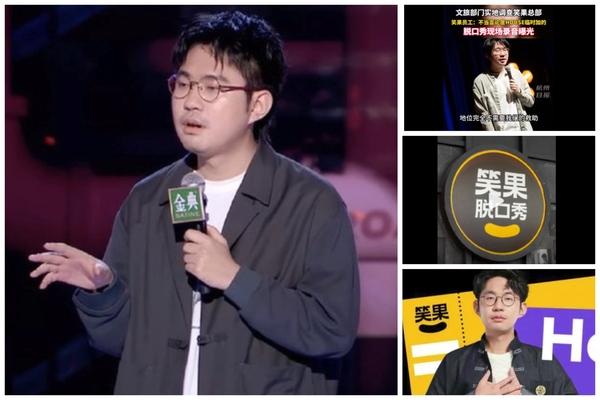Recently, there is a growing trend of people informing on others secretly in Chinese society, with multiple high profile incidents occurring in succession. Current affairs analysts point out that the culture of reporting others to the authorities is a typical product of the Chinese Communist Party’s (CCP) ideology, and breeds a lack of trust between people.
On May 13, famous Chinese stand-up comedian Li Haoshi used a Chinese military slogan to commend his adopted stray dogs in two of his performances in Beijing. The slogan he used, to “have good conduct and capable of winning battles,” was originally Chinese leader Xi Jinping’s words when he set a goal for the People’s Liberation Army.






